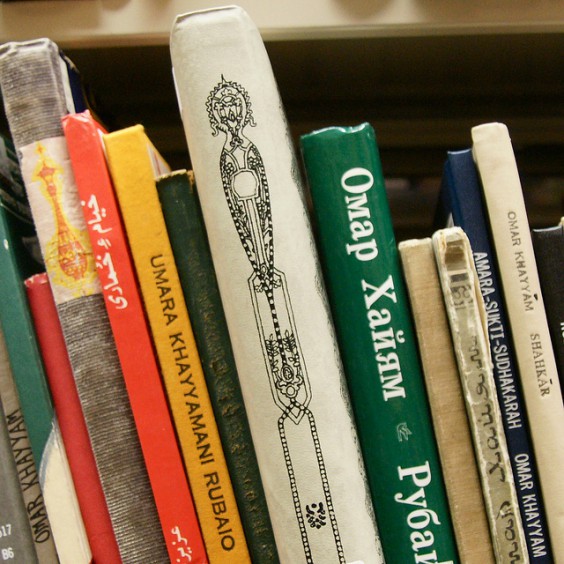One War and Three Generations
by Yaghoub Yadali translated by Parvaneh Torkamani / June 30, 2015 / No comments

Last month, the seventh issue of Consequence magazine featured contemporary Iranian literature. Consequence, edited by George Kovach, is published once yearly, with a focus on war and its effects. The 2015 edition had stories by Hossein Abkenar, Orkideh Behroozan, Houshang Golshiri, Shahriar Mandanipour, Monirro Ravanipour, and myself.

- “Enemy…terrorism…nuclear bomb…war.” These words are often used by American media to describe Iran. The image the media presents is often hazy, incomplete, and distorted. The political and military aspects of my country are covered mainly in a negative light.
- In Under Eastern Eyes (I have adopted the name from the novel Under Western Eyes by Joseph Conrad), I will write about those topics which American media either cannot or does not want to talk about. The emphasis will be on social and cultural aspects of Iran although, out of necessity, I will talk about politics, despite my despair.

- Yaghoub Yadali, born in 1970, is a writer and television director. His first work of fiction, the short-story collection Sketches in the Garden, was published in 1997. It was followed in 2001 by Probability of Merriment and Mooning, which was named book of the year by the Writers and Critics Award. His first novel, The Rituals of Restlessness, won the 2004 Golshiri Foundation Award for the best novel of the year and was named as one of the ten best novels of the decade by the Press Critics Award. He has also published many articles and reviews of literature and cinema in newspapers and magazines in Iran.
Although all the stories focus on war, particularly the Iran-Iraq War of the 1980s and its effects, the stories are varied and have very different viewpoints. Two of the writers of these stories participated in the war, and experienced the hardships and disasters of war from close. Golshiri, the most renowned and famous author of this anthology, wanted to fight but could not, and always mentioned this with regret. He passed away a few years ago. Two of the writers in this anthology are women and this is another interesting fact: in Iran, writers of war stories are usually men.
My own experience of war is neither direct nor indirect, but something in between! When I was 16, I was very eager to fight and believed I had a part to play in defending my country, fighting against the enemy. But because I was too young, I was not allowed to participate in military training. I thought of cheating in my birth certificate and adding two years to my age, as many of my classmates and friends did at the time. But I was discovered and was not successful. Then I found out that the only way to go to war was to receive medical training. When I registered for these classes, another hurdle appeared on my way: my family! As I had hidden the fact that I wanted to go to the warfront, a full-fledged internal war began in my family. But to go, I had to present a letter of approval from my father. At last, unable to resist my mother’s tears, I emerged defeated in this war! This way I lost the opportunity to go to war, but its consequences and effects have stayed with me and is represented, somehow, in most my stories and films.
It is these different life stories that cause, for example, Golshiri to tell the plight of two families running from Tehran under a bomb attack from Iraq in his story. The families take refuge at a village neighboring Tehran, and the author tells their story under shadow of war. Abkenar, in “Scorpion on the Stairway in Andimeshk Railroad Station,” directly talks about war in story of a soldier who has finished two years of service and can now go home, but has lost the paper that says he can leave the war front and has no way of going home without coming across as an escapee. In the anthology’s story “Tickle,” a five year old girl enjoys being tickled by her older brother. But when he comes back from the war, he has lost his arms and has two prosthetic limbs, which cannot tickle as well as the real arms. The girl does not like the artificial arms, which don’t even have hair, but in order to keep her brother happy, she tells her doll to keep this a secret between them. She pretends to enjoy being ticked by the artificial arms and laughs out loud.
Reading this anthology can bring the American reader relative familiarity with the status of story writing in Iran since the ‘70s. This anthology represents three generations of writers with different techniques and points of view within the same content; and it shows their different life experiences and aspects of the Iranian experience during and after the war.




